Typical agricultural cooperatives
Based on practical needs, in 2022, Minh Trung Agricultural Service Cooperative, Tan Phu Commune, Tay Ninh Province was established, with 30 members and a charter capital of 500 million VND. The purpose of establishing the cooperative is to connect farmers to build large raw material areas, create stable output for agricultural products, and help cooperative members buy fertilizers and pesticides at lower prices than outside.
After a period of implementation, the Board of Directors of Minh Trung Agricultural Service Cooperative realized that the cooperative members, whose target is farmers, were not "keen" on participating in meetings, did not contribute ideas and did not have the need to share profits. Therefore, the Board of Directors of the Cooperative boldly transferred the official members to associate members, keeping only 7 official members who are enterprises and increasing the charter capital to 2 billion VND. Although the official members have been reduced, the number of associate members has continuously increased, with more than 120 members. In particular, the cooperative's operating motto remains unchanged, always putting the interests of farmers first.
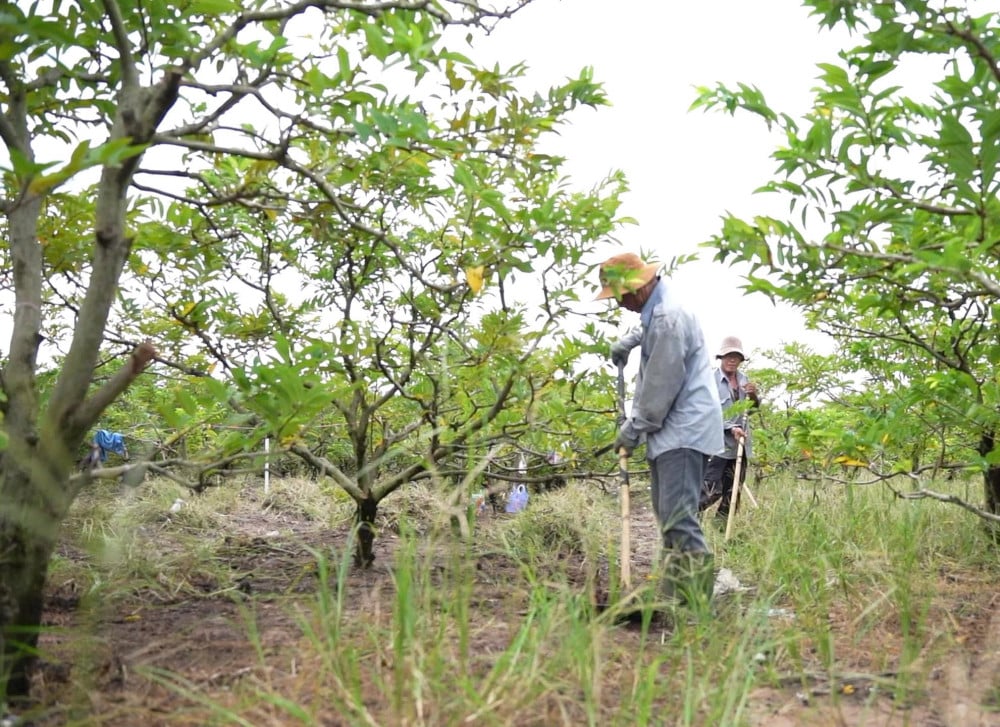
Soursop is the "money tree" of Tan Phu commune people.
Chairman of the Board of Directors of Minh Trung Agricultural Service Cooperative Le Minh Trung shared: “The Cooperative specializes in purchasing durian, squash, corn, of which the strength is custard apple. Currently, the Cooperative has signed a joint purchasing contract with 250 hectares, and also supports the purchase of more than 400 hectares of custard apple in neighboring localities. The Cooperative does not choose to purchase custard apple at a fixed price, but the price fluctuates from the market and adds 3,000-5,000 VND/kg for associated members.
Recently, the Cooperative has also established the Tay Ninh Soursop Association to share experiences and transfer science and technology of soursop farmers; connecting farmers with businesses and the State. Thereby, the functional sectors will grasp the difficulties and problems of farmers and businesses to have timely solutions.
In recent years, Tan Phu has developed strongly in fruit trees, of which custard apple is considered a "rich tree" for many farmers. Currently, the whole commune has 2,100 hectares of custard apple, each year custard apple produces 2 crops, on average 1 hectare produces about 10 tons. The selling price is from 30,000-35,000 VND/kg, after deducting expenses, farmers earn a profit of 300-350 million VND/year. Therefore, the stable development of Minh Trung Agricultural Service Cooperative helps farmers feel secure in production.
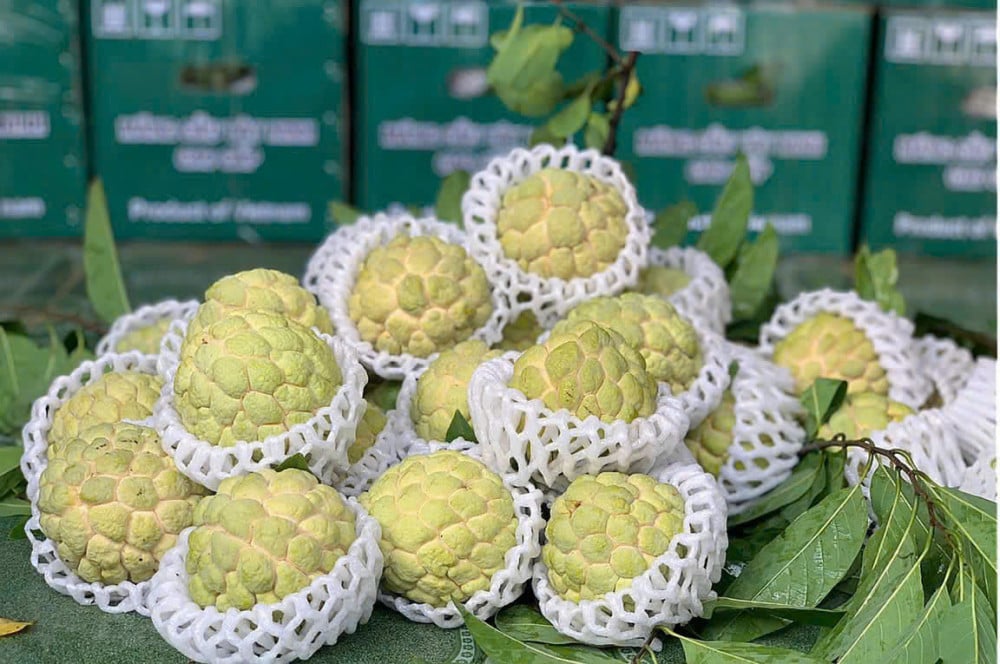
Soursop is the main product of Minh Trung Agricultural Service Cooperative, Tan Phu commune.
In addition to Minh Trung Agricultural Service Cooperative, Phuoc Hoa Safe Vegetable Cooperative, Long Cang commune is always a companion of farmers in the journey of producing and consuming agricultural products. The Cooperative is currently consuming the output for 11 hectares of vegetables, with an average output of more than 600 tons/year. The consumption market is at restaurant chains, supermarkets, and companies, with the selling price being 3,000-5,000 VND/kg higher than the market (depending on the type).
Mr. Vo Van Toan - member of the Board of Directors of Phuoc Hoa Safe Vegetable Cooperative, shared: “Clean and organic production is an inevitable direction of modern agriculture. This requires the Cooperative to change its production mindset according to market demand, not to produce according to what it has, especially to build an agricultural product brand. And when it has quality and reputation, Phuoc Hoa safe vegetable products have a solid position in the market. Achieving this result, the Cooperative has received attention and support from all levels, sectors and local authorities in transferring science and technology, participating in trade promotion fairs, etc.
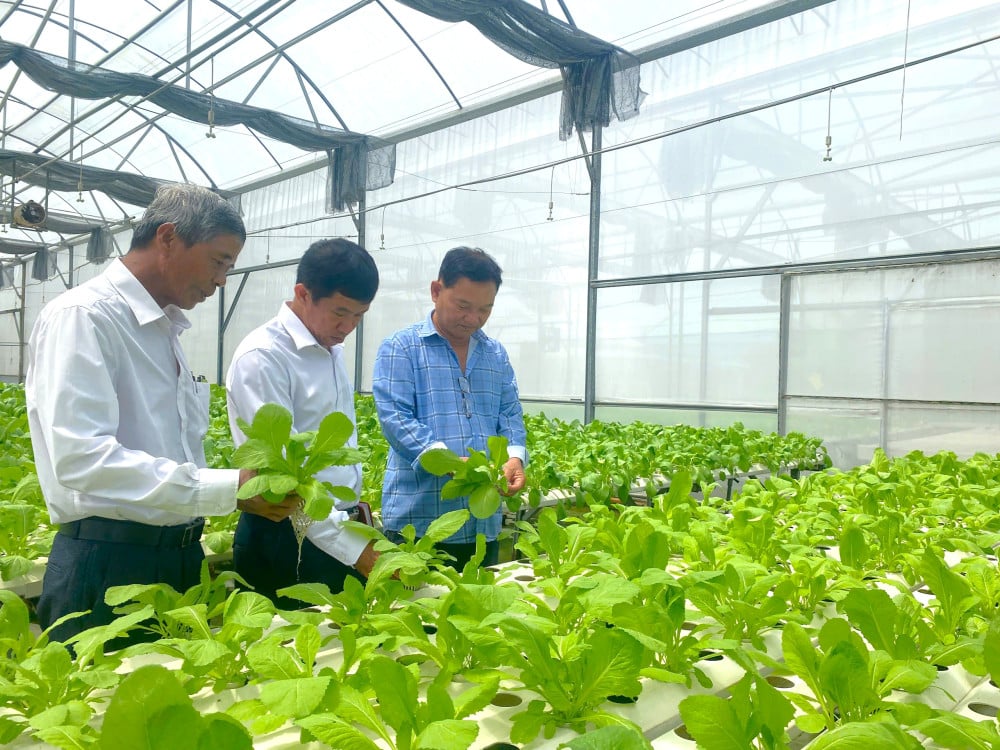
Phuoc Hoa Safe Vegetable Cooperative, Long Cang commune is always a companion of farmers in the journey of production and consumption of agricultural products.
The application of high technology helps agricultural output of localities increase dramatically on the same cultivated area. In 2025, rice output will reach 4 million tons, an increase of 14% compared to 2020, with an average yield of more than 63 quintals/ha, of which high-quality rice accounts for nearly 75%, ensuring food security and affirming Tay Ninh's position in the production of high-quality commercial rice. The lemon growing area is more than 12,400 hectares, an increase of 9%, and output will increase by 49% compared to 2020. Dragon fruit will reach 216,000 tons; vegetables of all kinds will reach 578,700 tons; brackish water shrimp will reach 15,600 tons, cassava will reach 2.1 million tons/year, rubber will reach 189,000 tons/year, etc.
In 2025, the collective economic sector organized 22 training courses on collective economic knowledge to propagate the 2023 Law on Cooperatives and the Party's guidelines and policies, the State's laws on collective economic development and cooperatives; published 6 issues of the collective economic newsletter with a total of 6,000 copies of the collective economic newsletter of Tay Ninh province; organized 6 training courses on collective economic knowledge for state management officials at all levels; 20 cooperatives were supported to directly participate in 9 fairs and exhibitions, connecting trade with domestic and foreign markets; 16 cooperatives were supported to borrow capital,... |
There are still many difficulties.
According to statistics, the province currently has 387 agricultural cooperatives, of which 326 are active, 61 are inactive, and 5 are cooperative unions. However, of the 326 cooperatives that are active, only 49% are operating effectively, the rest are operating at a low level, not bringing practical results to cooperative members and farmers.
Former Vice Chairman in charge of the Long An Province Cooperative Union (before the merger) Tran Hoai Bao said: “The reason is that agricultural cooperatives are not operating effectively is due to the limited management and operation capacity of the members of the Board of Directors and the Board of Directors of the cooperative, there is no clear and specific business plan, especially they are still waiting and relying on preferential policies of the Party and the State for the collective economy (KTTT). Besides, many cooperative members are not active, attached to the cooperative, have not fulfilled their obligations to the cooperative, have not joined hands to contribute capital and effort to build the cooperative of which they are members”.
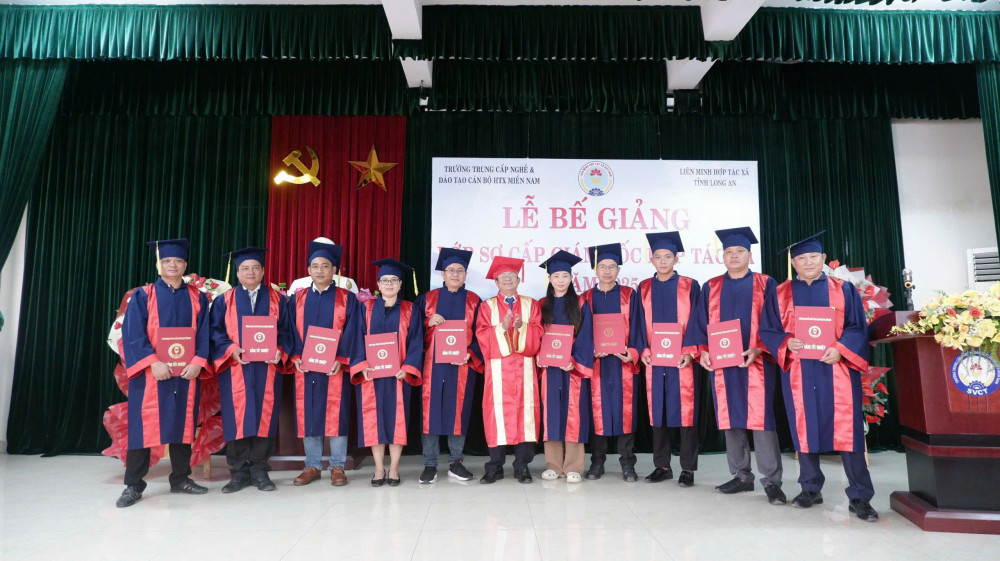
The province opened a Primary Cooperative Director Class to improve the management and operational capacity of the cooperative board of directors.
According to Nguyen Hoang Phuong, Director of Hoang Phuong Agricultural Service Cooperative, Tan Hung Commune, some ineffective cooperatives have affected the reputation of other cooperatives. Instead, the functional sectors need to boldly dissolve ineffective cooperatives, and at the same time focus on key investments in effective cooperatives. In addition, the functional sectors need to strictly manage the business situation of poor quality fertilizers and pesticides to have timely measures to protect the interests of farmers and cooperatives. Knowing that clean production, according to VietGAP standards, will reduce production costs, but the selling price of agricultural products is not higher than outside, so cooperative members are not "interested" in clean production and organic production.
“Agricultural cooperatives play an important role in restructuring the agricultural sector towards green, modern and sustainable direction. Faced with the difficulties and challenges that agricultural cooperatives are facing, in the coming time, the agricultural sector will focus on implementing many solutions such as: promoting the implementation and comprehensive concretization of Resolution No. 20-NQ/TW, dated June 16, 2022 on continuing to innovate, develop and improve the efficiency of collective economy in the new period; encouraging the development of agricultural cooperatives in fields and occupations in accordance with the development planning and economic structure of each locality, associated with the development of key products, according to the advantages of each region.
Replicate effective collective economic models, create conditions for household economy development, models that link four houses, apply science and technology to production; develop agricultural cooperatives to produce high-quality, branded products, serving export purposes through developing agricultural cooperatives that apply high technology, have modern management skills to maximize the advantages of international integration and the advantages of the 4.0 Industrial Revolution,..." - Deputy Director of the Department of Agriculture and Environment Truong Tan Dat emphasized./.
In 2026, the whole province strives to establish 1 new cooperative union, 30 cooperatives and 100 cooperative groups; dissolve 12 cooperatives and 1 cooperative union that has ceased operations; strive for an average revenue of more than 5.8 billion VND per cooperative, 600 million VND per cooperative group; average income per capita of 90 million VND/year; 70% of collective economic organizations in the agricultural sector are considered quite good, of which at least 65% participate in value chain linkage; over 25% of cooperatives apply high technology to production and consumption of agricultural products; thoroughly handle the situation of cooperatives that have ceased operations and cooperatives that have not yet transformed or reorganized according to the provisions of the Law on Cooperatives. |
Le Ngoc
Source: https://baolongan.vn/nang-chat-luong-hoat-dong-dieu-hanh-hop-tac-xa-nong-nghiep-a206292.html





![[Photo] Prime Minister Pham Minh Chinh receives Lao Minister of Labor and Welfare Phosay Sayasone](https://vphoto.vietnam.vn/thumb/1200x675/vietnam/resource/IMAGE/2025/11/11/1762872028311_dsc-2246-jpg.webp)















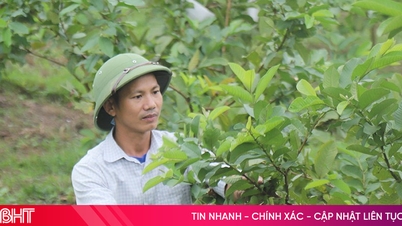



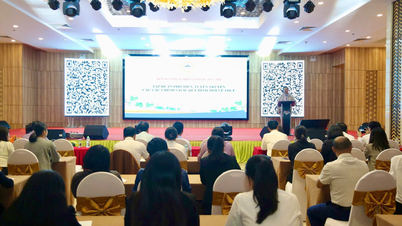


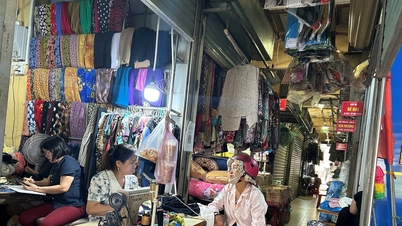





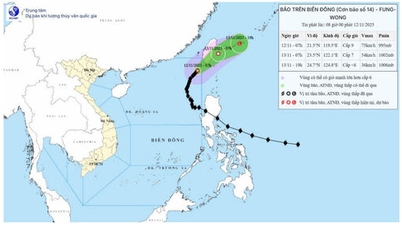





























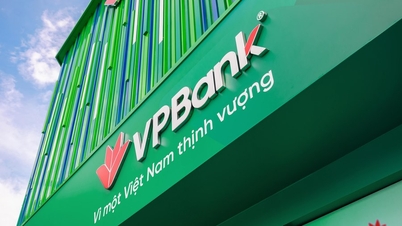

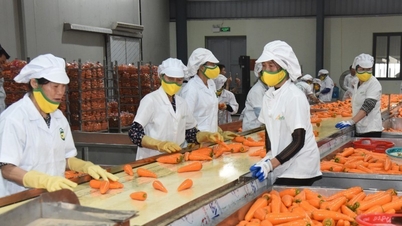
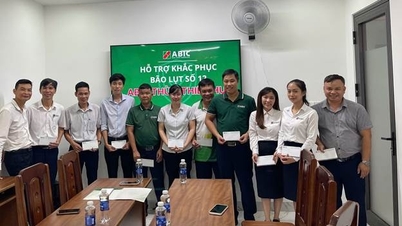


























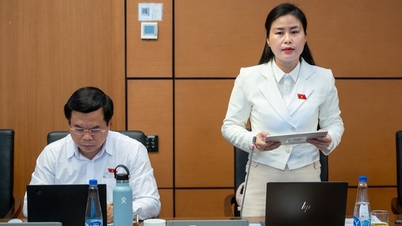
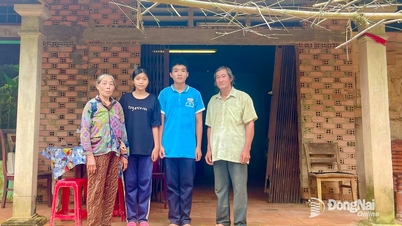

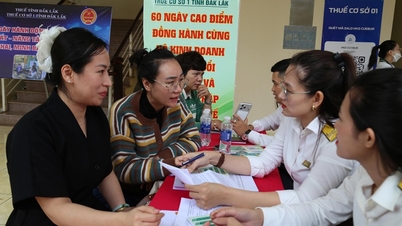
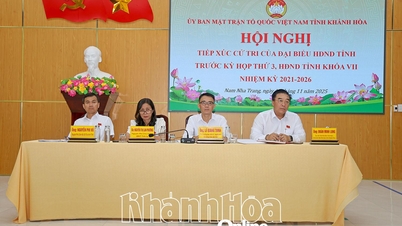


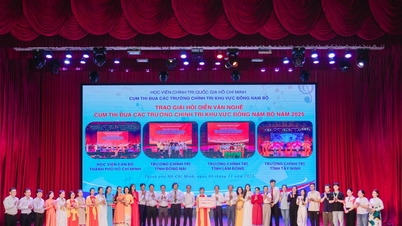
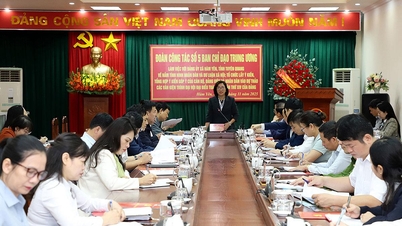






![Dong Nai OCOP transition: [Article 3] Linking tourism with OCOP product consumption](https://vphoto.vietnam.vn/thumb/402x226/vietnam/resource/IMAGE/2025/11/10/1762739199309_1324-2740-7_n-162543_981.jpeg)








Comment (0)